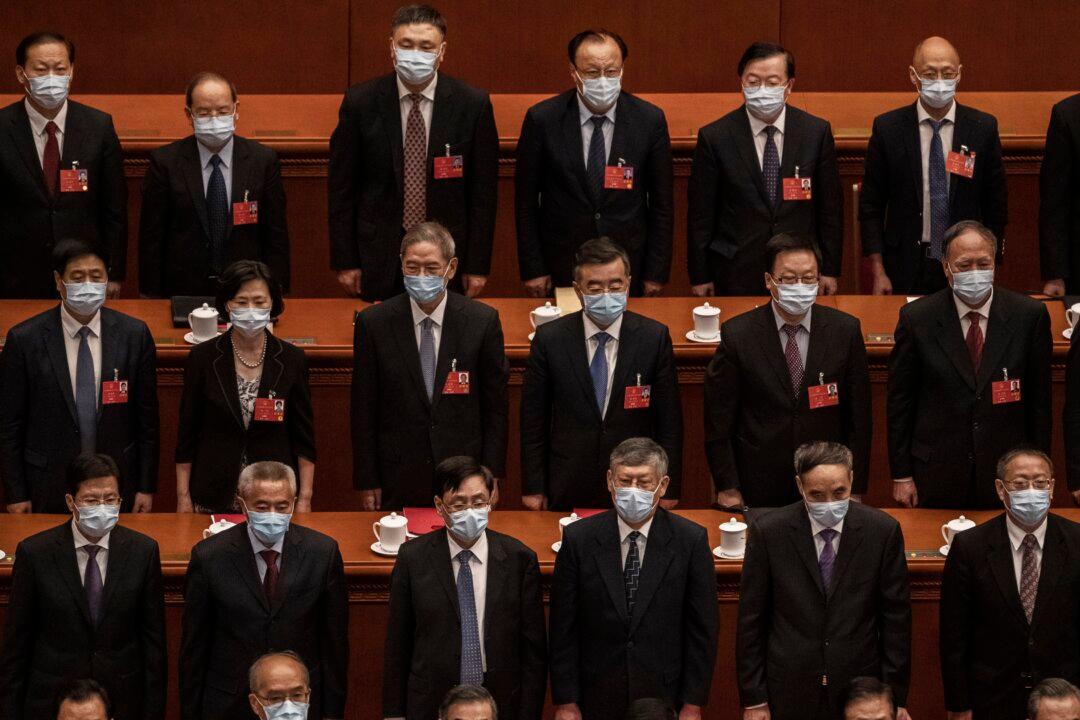Commentary
Two high-ranking officials of the Chinese Communist Party (CCP) recently collapsed while they were at the podium during a conference, causing unrest among those present.

Two high-ranking officials of the Chinese Communist Party (CCP) recently collapsed while they were at the podium during a conference, causing unrest among those present.